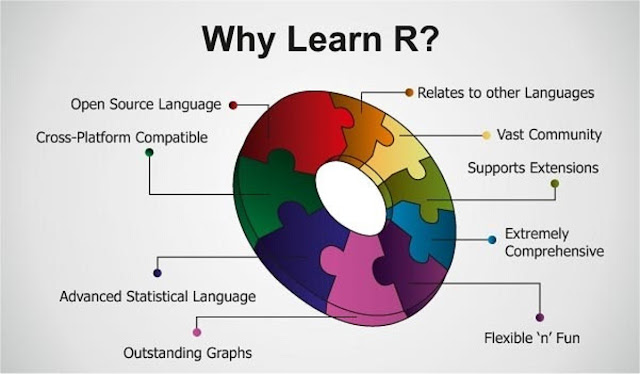
Data science with R Data science is an exciting discipline that allows you to transform raw data into understanding, vision and knowledge. The goal of "R for science of science" is to help you learn the most important tools in R that will allow you to do data science. After reading this blogs, you will have the tools to tackle a wide variety of data science challenges, using the best parts of R. R is a programming language used widely for data analysis and statistical computing. R is an interface for the user. Send us to the communities of data networks around the world. We also have a large number of Internet users. Packages like dplyr, tidyr, reader, data, table, SparkR and ggplot2 tornaram to dice manipulation, visualization and computation are much fast. What Is R Today? It’s Many Things: • R is a data analysis software : data scientists, statisticians and analysts - anyone who needs to understand the data, can...
